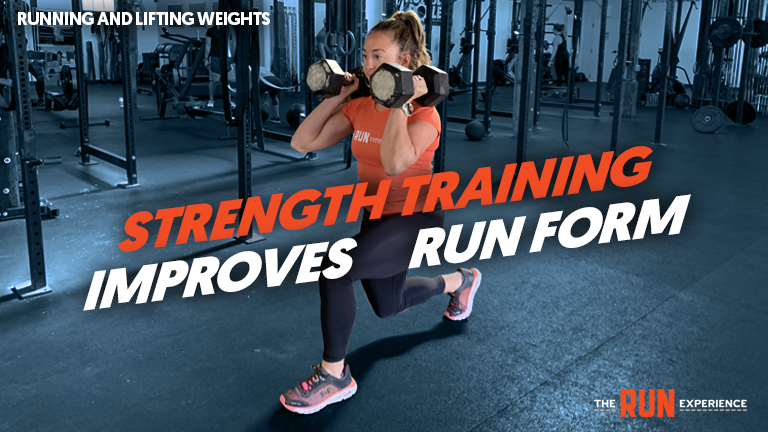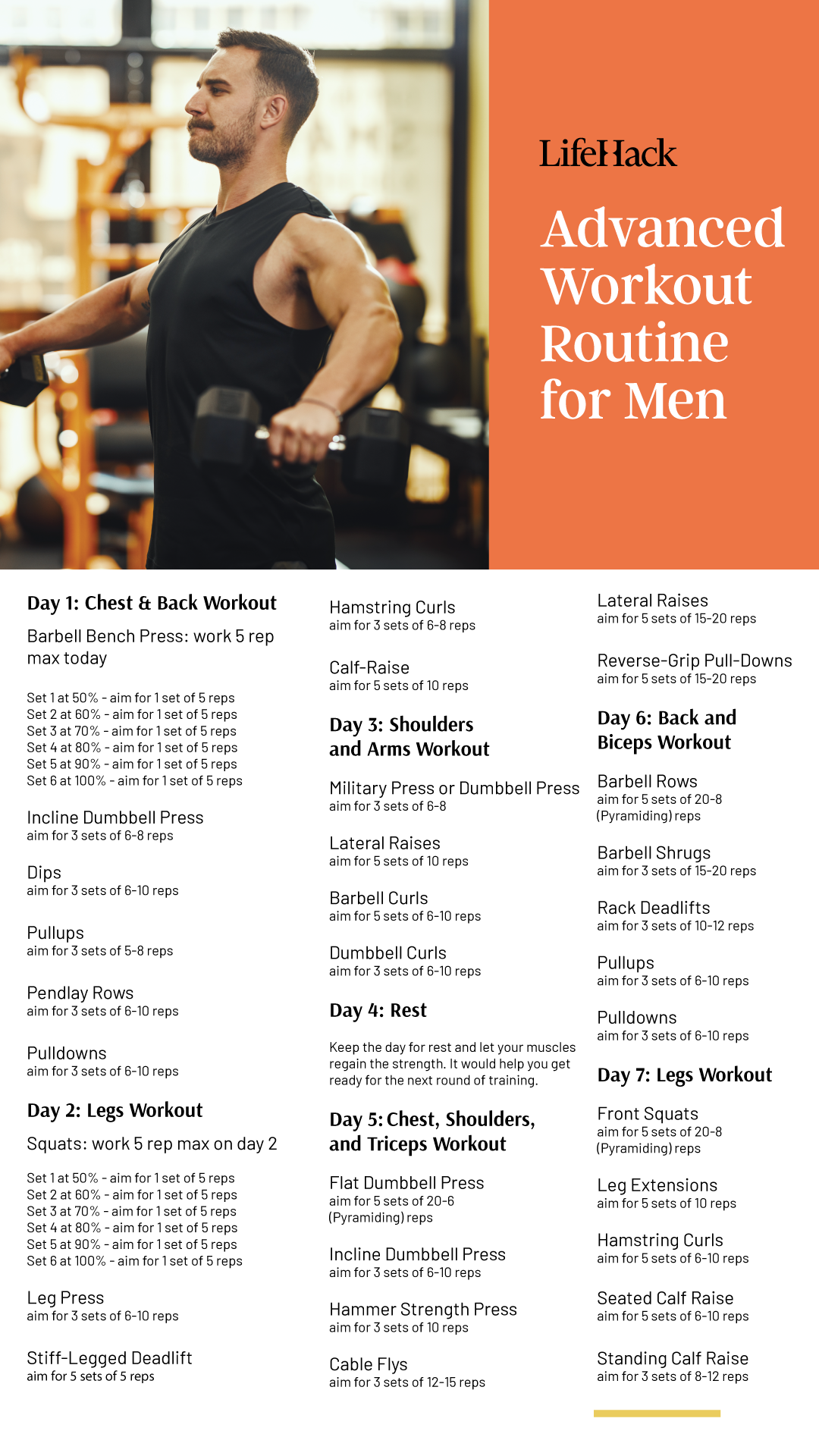
The fitness industry grew dramatically in the latter half of the 20th-century. Fitness became a national obsession. Children were at the forefront of efforts to make fitness more accessible. Physical education classes began to appear in public schools. Many of the programs were dropped in the Great Depression. Others joined the private industry.
The importance of youth exercise and healthy eating habits were highlighted by physical fitness boosters. They also argued that poor children could be a source of obesity problems. Some critics criticized government-mandated exercise programs. To encourage youth fitness, the Presidential Council on Youth Fitness(PCYF) was created. The PCYF emphasized the importance of youth exercise, stress management, and military readiness. The PCYF also promoted physical activity outside the home.
Children began to move away from casual recreation when the youth exercise industry was created. It requires a high degree of skill and financial investment. Additionally, classes often limit the number of students who attend each class. This can be a traumatic experience for less athletic kids.

This course is for youth coaches and trainers of youth sports teams. You will receive downloadable course materials and an NCCA Accredited online test. This certification is not practical or comprehensive. This certification is very affordable, but it lacks the knowledge and training necessary to coach children effectively.
Children's resistance training programs must focus on endurance and building strength. They should include a variety single- and multi-joint exercise. It is important that a child's exercise program be varied throughout the entire year. Consider starting light weight training for children who are not ready. A professional fitness trainer should supervise the child.
A professional should supervise children in corrective exercises. These sessions should include a warm up and cool down. The child should be taught correct form and the use of cue words. This will set the tone for healthy living all their lives.
The NASM Youth Exercise Specialist credential is extremely cost-effective. It is a great way to teach youth fitness and nutrition, but it lacks depth. The NASM Youth Exercise Specialist course contains 12 modules as well as a downloadable manual. It also includes a Video Exercise Library.

The NASM Youth Exercise Specialist certification was created for trainers who wish to help children become healthier and stronger. This certification includes cardiorespiratory training and resistance training. It also covers balance and plyometrics. The course also covers psychological considerations and business growth strategies. The NASM Youth Exercise Specialist certificate for fitness professionals is an excellent option for working with children.
In the 21st century, childhood obesity has become an international public health concern. Risk factors for obesity include sedentary lifestyles, energy dense foods, and consumption of nutrient-poor foods. Non-communicable disease is also a possibility for overweight children. This is a problem that the youth exercise industry has started to address.
Colleen is not only a qualified fitness professional but also has extensive experience in working with children. She has been a camp counselor, a babysitter for multiple families, and a physical educator. She is particularly interested in working with children with special disabilities. In addition to her youth exercise certification, Colleen also earned Adaptive Special Needs Fitness Trainer certification from Strong Education.
FAQ
How many hours of sleep should you get each night?
The recommended amount of sleep varies depending on age, gender, and individual needs. Adults require 7 to 9 hours sleep per night. Teenagers and children typically need about 10 hours of sleep per night, but this number decreases as they grow older.
Why is it important to get enough rest?
For a healthy lifestyle, sleep is vital. Your body needs sleep to heal itself from daily stressors. Your ability to function optimally during the day is dependent on how much sleep you get each night.
Can I exercise after eating?
It all depends on which type of exercise you are performing. Avoid strenuous exercises after meals. It could cause stomach cramps. Light aerobic activities, such as walking or biking, are better.
Can I eat when I'm working out?
Yes. You can eat what you like while you work out. Watermelon, grapes (or carrots or celery), watermelon, grapes, apples, bananas or apples are all low-calorie snacks. These foods are high in nutrients, which can improve your performance during training.
Statistics
- Physical activity confers the following maternal and fetal health benefits: a decreased risk of pre-eclampsia, gestational hypertension, gestational diabetes (for example, 30% reduction in risk) (who.int)
- Adolescent girls were less active than adolescent boys, with 85% vs. 78% not meeting WHO recommendations of at least 60 minutes of moderate to vigorous intensity physical activity per day. (who.int)
- One study showed that adults who watch more than 4 hours of television daily had an 80% higher risk of death from cardiovascular disease. (heart.org)
- Globally, 28% of adults aged 18 and over were not active enough in 2016 (men 23% and women 32%). (who.int)
External Links
How To
How To Stay Fit During Pregnancy
Your body goes through many changes when you get pregnant. Your metabolism slows down, and you eat less because you're growing a baby inside you. You may feel sick if your sleep is not enough. You don't have to be sick to enjoy this moment in your life. There are ways you can make sure you stay healthy!
Before starting any exercise regimen, it's important to check with your doctor. They can tell you what exercises you should avoid and which ones are safe for you to do. Second, make sure you eat well throughout your pregnancy. This includes eating plenty of protein, fiber, and iron. Third, it is important to drink plenty. You lose a lot of fluids through sweating, so it is especially important to drink water during exercise. Also, care for your feet. You should always keep your feet dry, and wear shoes that provide support. Make sure to eat small meals, such as toast or crackers, if you have morning sickness. It could lead to nausea.
-
Be healthy. A healthy diet is vital throughout pregnancy.
-
Keep active. At least 30 minutes of exercise daily
-
Maintain a healthy weight Reduce the amount of food you eat and eat snacks less often can help you lose weight.
-
Get enough sleep. Each night, aim to get at least 7-9 hours of rest.
-
Manage Stress. Learn relaxation techniques.
-
Avoid Alcohol. It can cause miscarriage or birth defects.
-
Be gentle with yourself. Do not try to push yourself too hard.
-
Take care of yourself. When you are feeling unwell, have someone come to your aid.
-
Relax. Do what makes you happy.